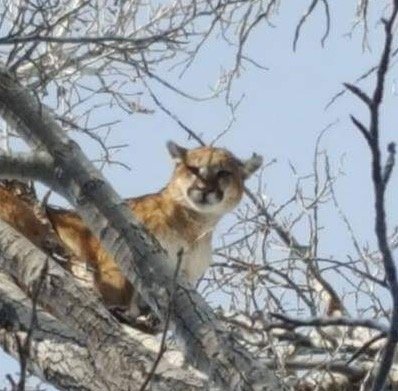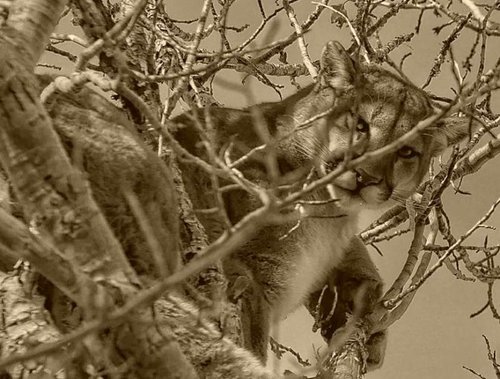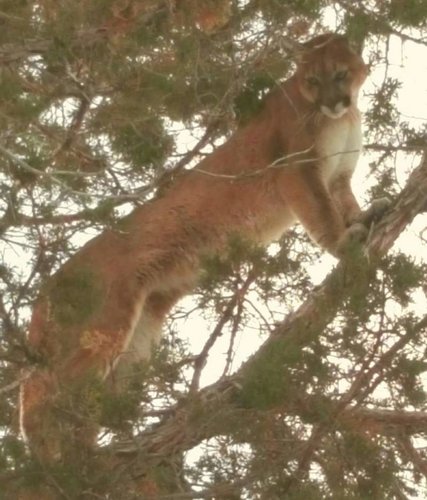antlerradar
Well-known member
I don't want to discount the elk loss, but I think the biggest impact of the wolves has been to the politics of wildlife. I also think think that is the most compelling argument against a reintroduction. On one side the pro-wolf have been spreading misinformation that has alienated many influential people, slanting them away from wildlife tolerance. The lawsuits have caused fundamental damage to the system, resulting in a Congressional end around to remove the wolf for the ESA. While justified, if not necessary, that action set a bad precedent which will come back to bite us.
On the other side, now every problem we have is somehow the fault of the wolf. They are used as a scapegoat to divert attention from real problems. Misinformation is propagated on the anti-wolf side that has resulted in a hatred of people trying to help wildlife, and also of government agencies. It will be used as the quintessential example by the GOP when making the case that the ESA needs to be gutted.
I think those are more compelling arguments than our elk are going to be devastated as support for preserving elk "just so they can be shot" is not very strong. Also, comments are given more weight when they are substantive rather than a simplistic "they will decimate our elk" when a lot of science suggests a multitude of reasons, most serious being hunters taking advantage of liberal seasons and unwittingly reducing elk herds while the folks that don't like elk blame the wolves.
There is some good information out there. One is an interview with Doug Smith, I think it was done by the Livingston paper. He is surprisingly frank both about the benefits of wolfs inside the park, and also the lack of benefits outside the park where they largely provide a benefit. Hopefully someone can track that down. Another is an interview with Randy, Hal Herring, and some other folks - I think that was in the NYT and perhaps someone can provide a link.
Educated and substantive comments will have a lot more impact than just adding another letter saying "I'm opposed to this."
That's just my opinion.
Well said Rob







